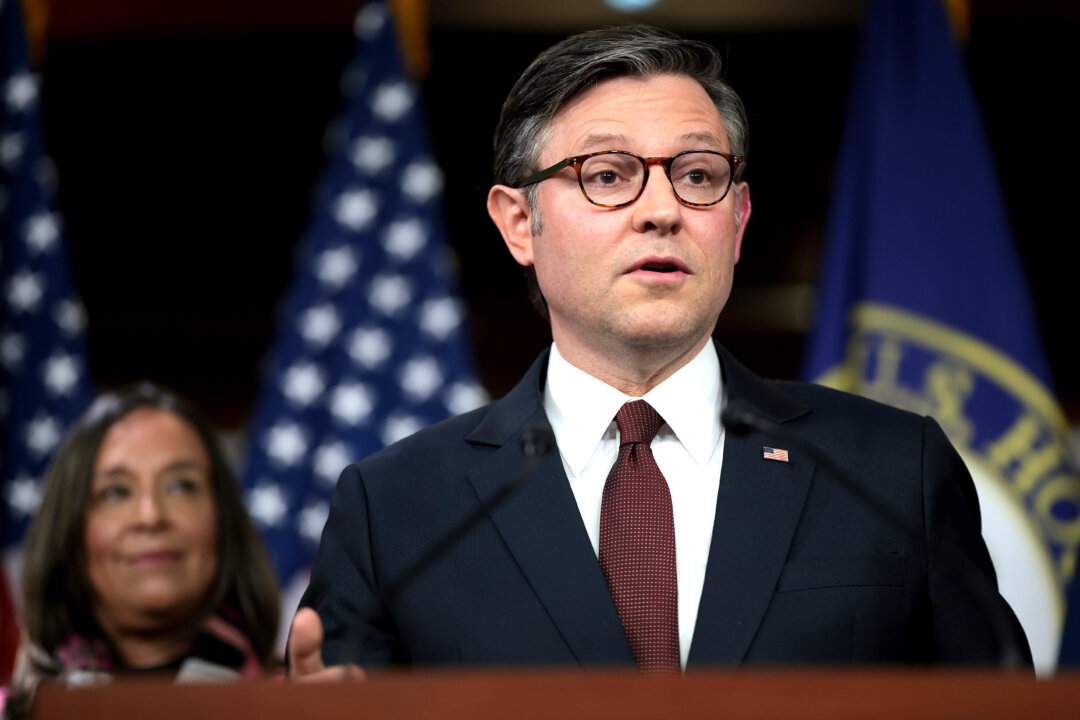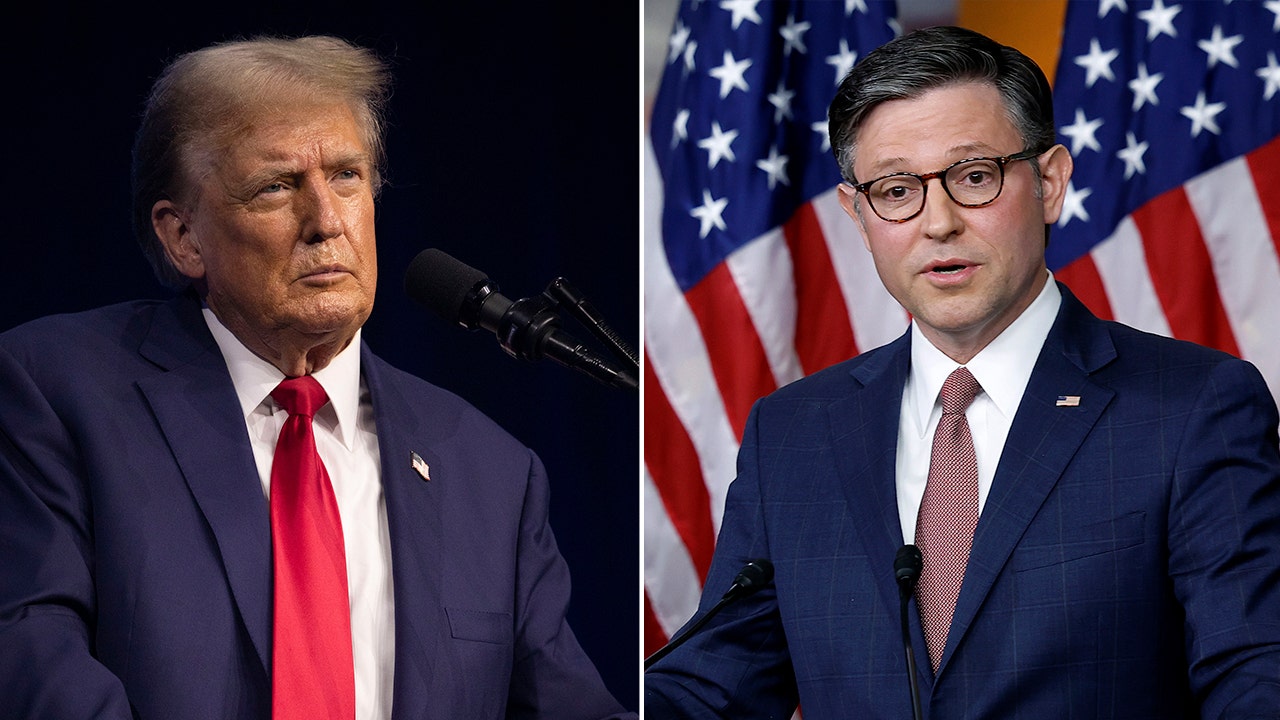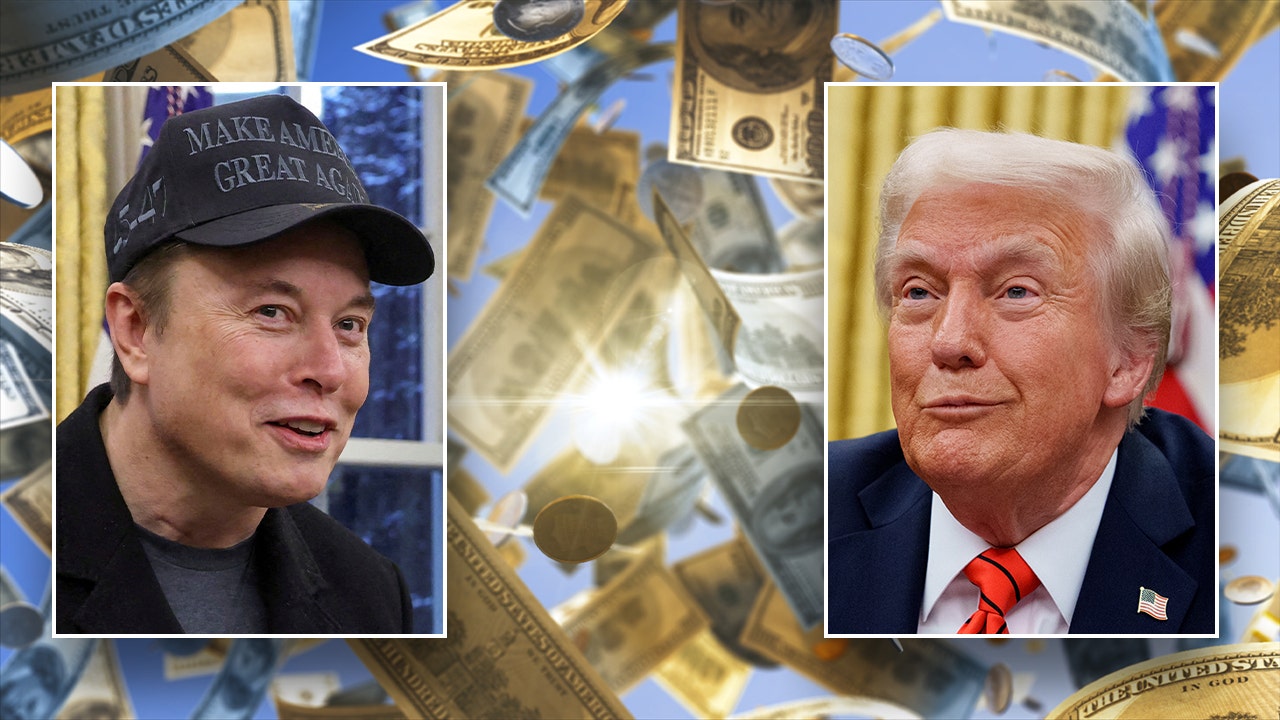Trump Supports Proposed $5,000 Government Checks from Efforts to Cut Spending
President Trump endorses a proposal to distribute $5,000 checks to taxpayers based on savings from government spending cuts, igniting debate over fiscal responsibility.
Overview
The proposal championed by President Trump aims to distribute a portion of anticipated savings from the Department of Government Efficiency (DOGE) to taxpayers. While Musk's agency claims significant savings, experts express skepticism about its feasibility and the potential inflationary impact. This initiative, targeting potential dividends for 79 million taxpayers, faces mixed reactions from lawmakers, with some advocating for debt reduction over cash handouts. Despite Trump's enthusiasm, critics see the ambitious spending cuts as largely unattainable and counterproductive to necessary government services.
Content generated by AI—learn more or report issue.

Get both sides in 5 minutes with our daily newsletter.
Analysis
Analysis unavailable for this viewpoint.
Articles (7)
Center (1)
FAQ
The funding for the proposed $5,000 checks would come from savings achieved by the Department of Government Efficiency (DOGE), led by Elon Musk, through cuts in federal spending.
Budget experts consider achieving such huge savings highly unlikely, as they would represent nearly one-third of the federal government's annual spending.
Economists warn that distributing such checks could fuel inflation, especially given the current low unemployment rate. However, some officials argue that it would be a wash since the money would have been spent by the government anyway.
The checks would be distributed to the approximately 79 million U.S. households that pay income taxes. About 40% of Americans do not pay income taxes and would not receive a check.
History
- This story does not have any previous versions.





